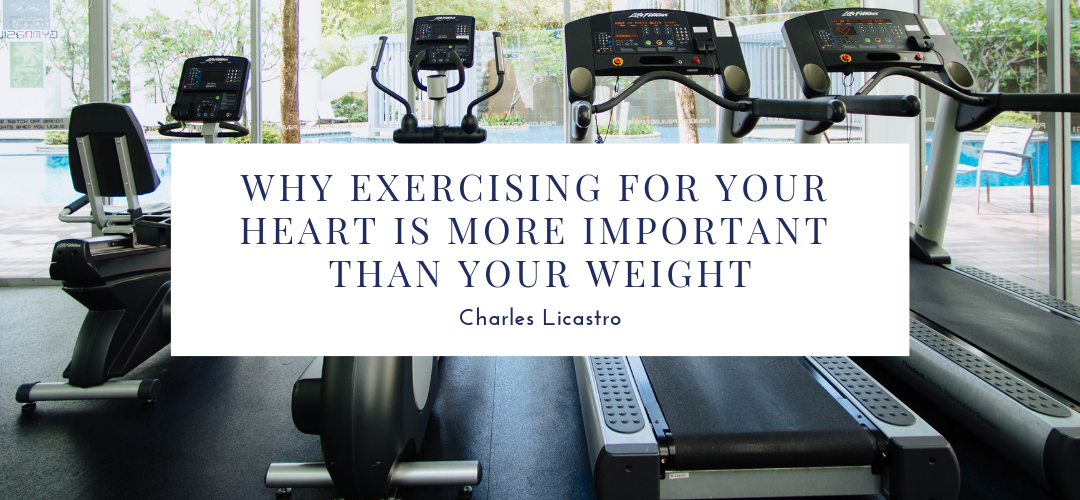The primary focus for many when they start to exercise is to lose weight, but working out is much more than that. Your heart benefits the most. You don’t need to go to the gym for hours on end, instead start small. While at work, take the stairs rather than the elevator, or park your car at the back of the parking lot. Making small changes like this in your life is going to be easier than forcing yourself to go to the gym for a full hour.
Benefits?
Through physical activity, you reduce your stress, blood pressure and lower your risk for diabetes and even some types of cancers. With all these added benefits you should be working not just to lose a few pounds, but instead to increase the longevity of your life and happiness.
How Do I get Started?
The first step to exercising is just starting. Motivate yourself by thinking of the benefits, such as weight loss and muscle gain. You can also start by working out in small doses. By doing this, you aren’t forcing your body to commit to a schedule that it hasn’t completed before. Set realistic expectations to how long you are going to train as well as increase the amount the more you exercise. You want to reach 30 minutes of workout on a daily basis. Consider asking a friend to join you. When you have someone keeping you accountable for your workouts you are more likely to stick with the routine.
The easiest activity that you can start is walking. The only thing required to start doing this is a good pair of shoes. You can also download a phone app that will keep track of how far you traveled and have you competing with friends around the world for distance. As you continue to workout, consider joining a sport, or classes. Swimming is a great workout that uses all the muscles in your body.
If you are too busy to take a class, remember that both stair climbing and gardening are considered strenuous exercises and are easy to add into your day. Your week should consist of 150 minutes of moderate exercise. An easy way to tell if you are doing this is any activity that makes you warmer or makes your heart beat faster.
While working out is a great first start to becoming heart-healthy, keep in mind that you should be careful of specific conditions that you experience. Should you begin to become dizzy, have trouble breathing or pressure in the upper part of your body or chest, stop and seek medical help. If you experience soreness for a day or two, know that it will fade as your body gets used to working out.
Working out is a fundamental part of staying healthy. Don’t let a lack of exercise stop you from being the best that you can be.

